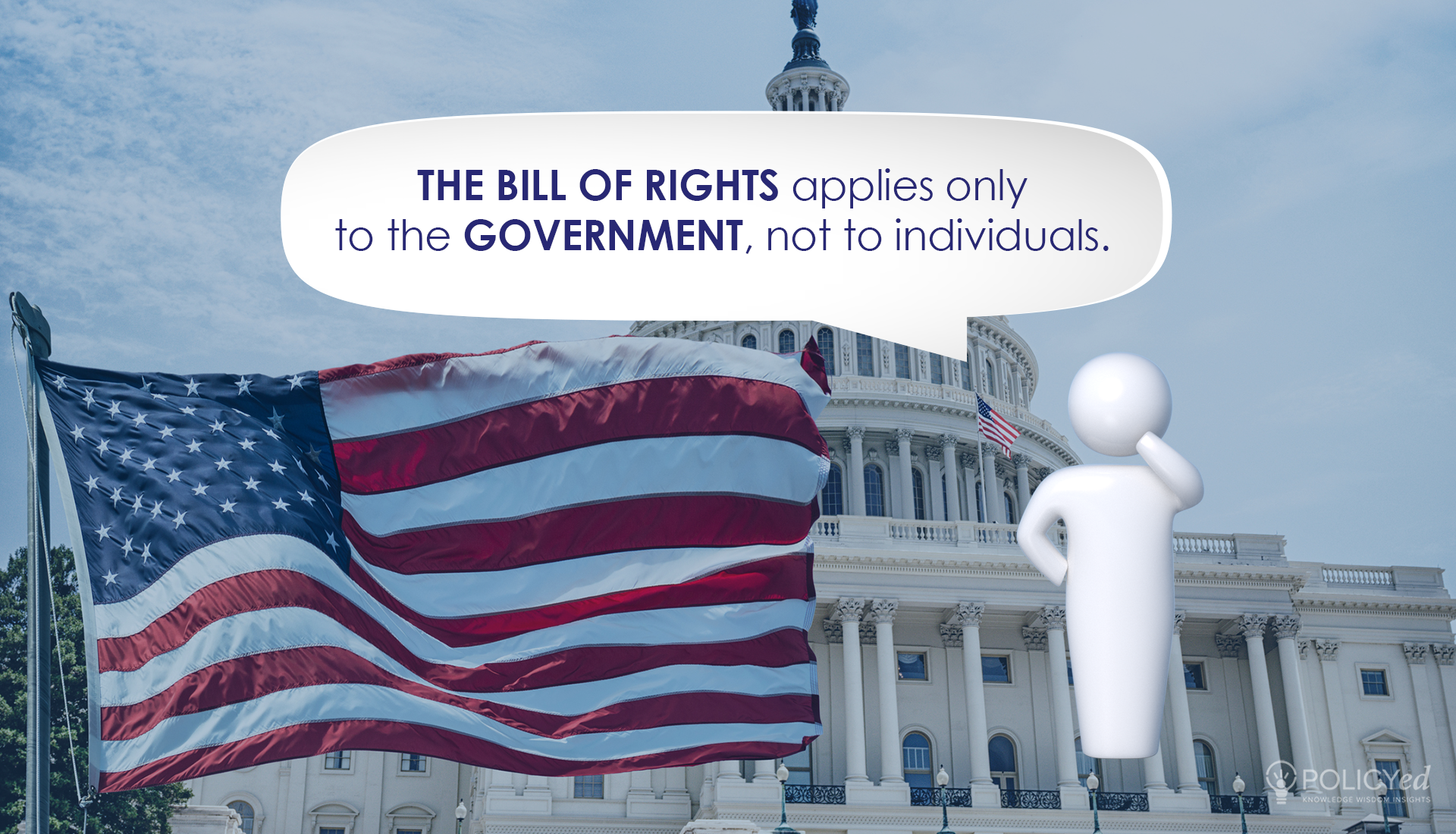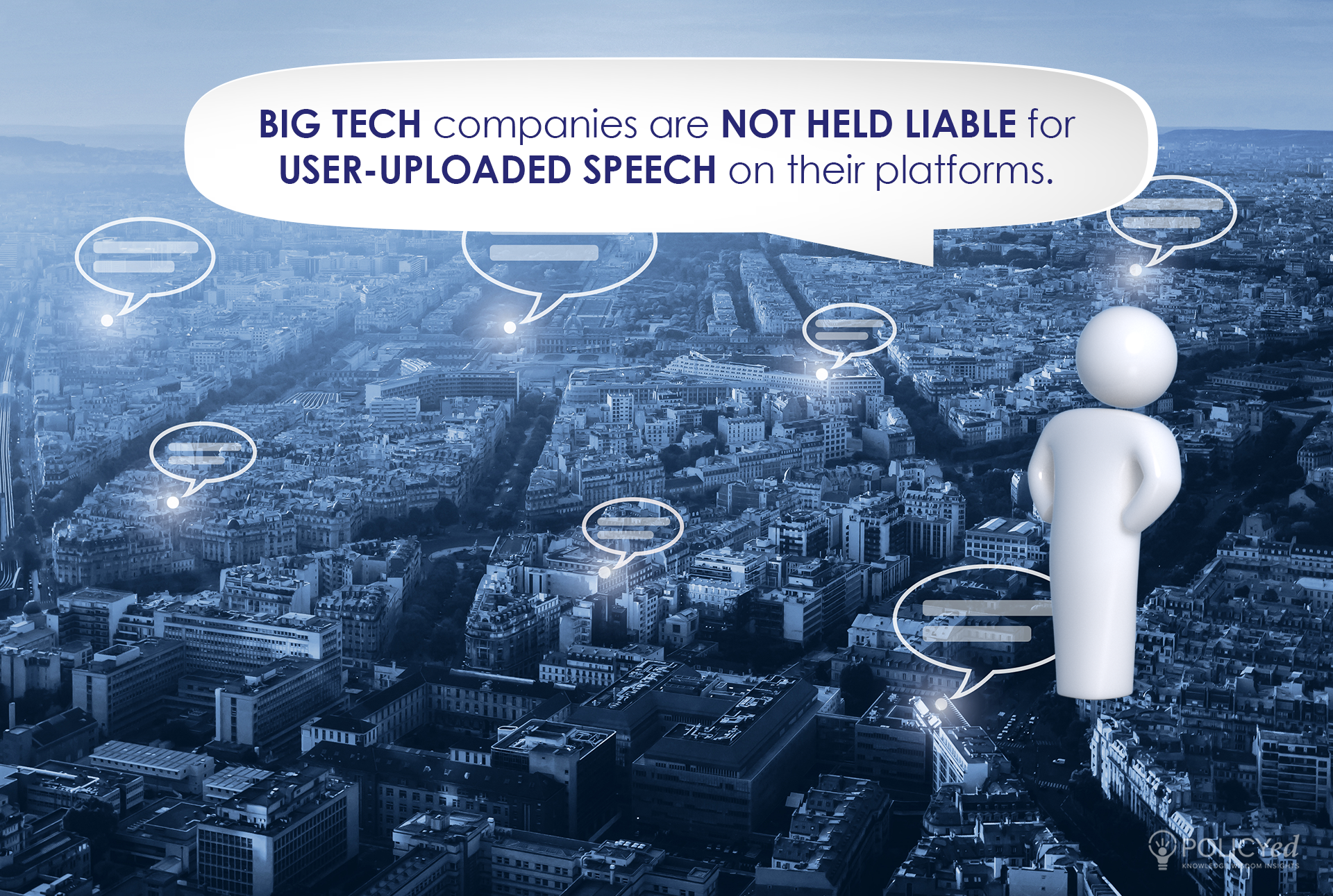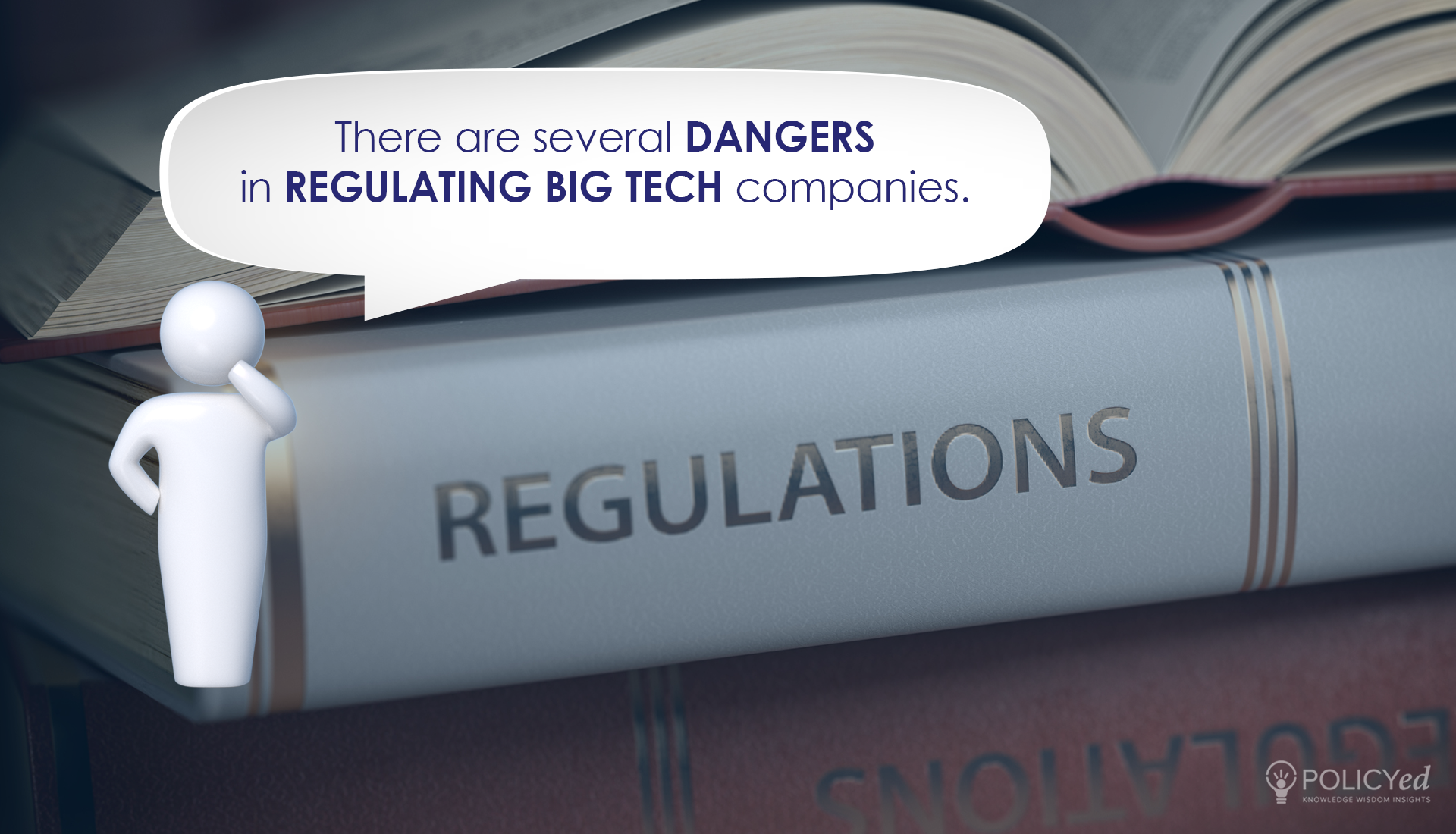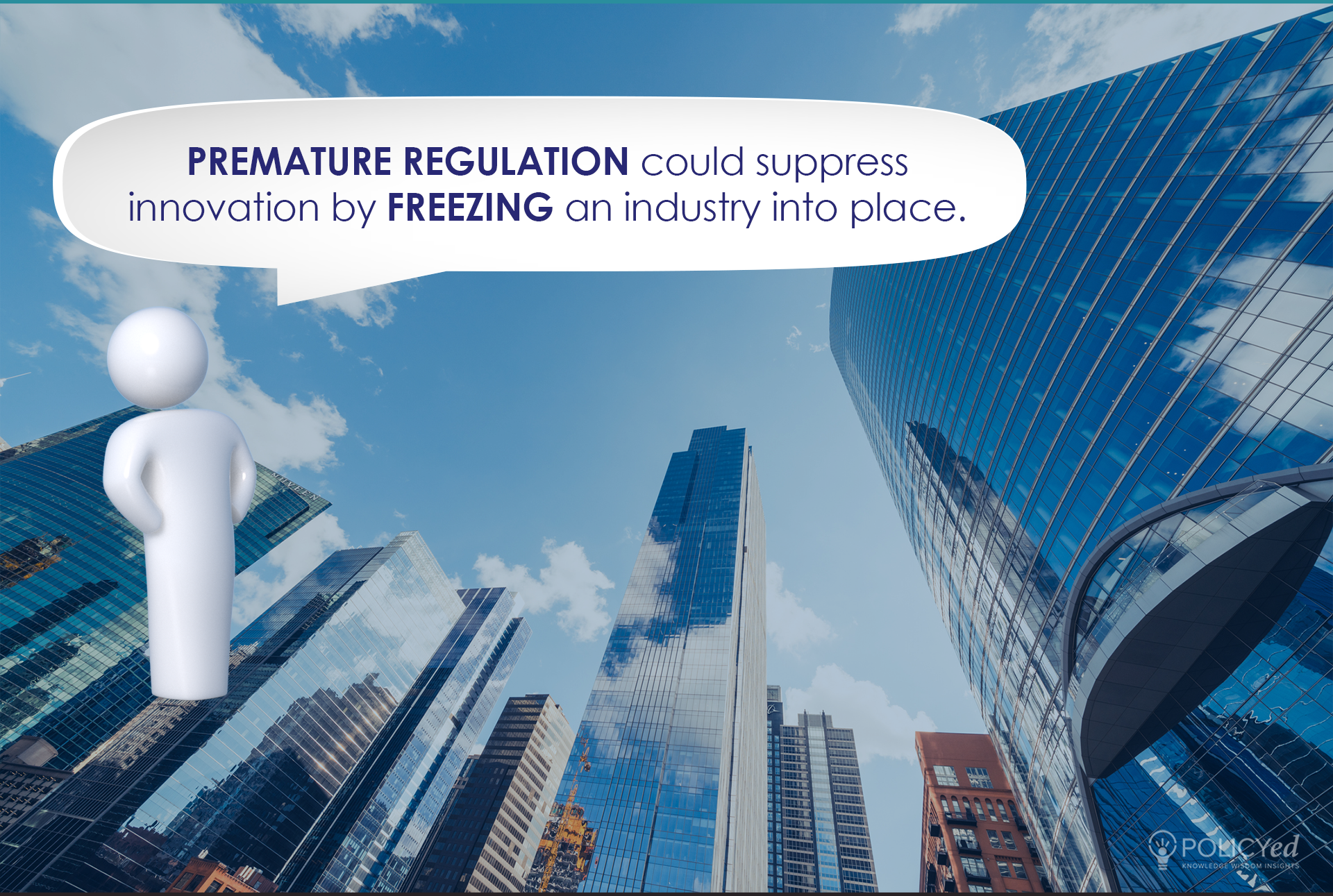Facts At Your Fingertips
Can Twitter Ban Donald Trump?
Can internet companies censor content on their websites? The First Amendment says the government may not make laws that restrict the freedom of speech. But the First Amendment does not apply to private property. The Bill of Rights applies only to the government, not to individuals.
Monopoly Status
But what if a company becomes so large and important that it provides the only service available? Railroads cannot choose to kick off passengers because of their race. Utilities cannot refuse to connect people to their networks because they are Democrats or Republicans. They are required to provide services to everyone, because there is no other option available. If a company becomes a dominant monopoly, the law allows the government to regulate its conduct.
Section 230
Under Section 230 of the Communications Decency Act, Big Tech companies are not held liable for user-uploaded speech on their platforms. Eliminating Section 230 would vastly change the internet in negative ways we might not expect. In fact, eliminating Section 230 would very likely lead to more censorship, as platforms would want to prevent (instead of react to) speech they could be held liable for.
The Dangers of Regulation
There are several dangers in regulating Big Tech companies, even if their networks have come to approach the size of monopolies. Antitrust law seeks to control monopolies in order to prevent such companies from using their market power to charge higher prices or sell inferior goods than would occur with normal market competition. But tech companies like Twitter, Facebook, and Google provide their products to consumers free.
Frozen in Place
Big companies might turn regulation to their advantage. They could “capture” the agencies that regulate them, and use them to create barriers to entry for new competitors. And premature regulation could suppress innovation by freezing an industry into place. Social media and tech companies constantly evolve, turn over, and replace one another. If we decide to regulate Big Tech but end up reducing the ability of new competitors to enter the market, we’ll have made everyone worse off.





